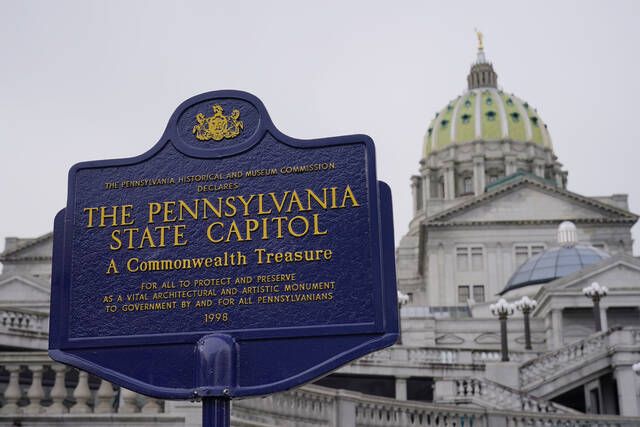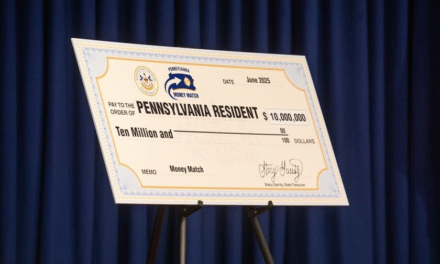Democrats are making another push to hike Pennsylvania’s minimum wage, a move that could raise the cost of living and worsen inflation.
Sen. Christine Tartaglione, a Philadelphia-area Democrat, introduced a bill earlier this week to hike Pennsylvania’s minimum wage from $7.25 to $20.
The $20 minimum wage Tartaglione proposes would be the highest minimum wage in the nation, surpassing Washington D.C.’s $17 wage floor. A worker who works 40 hours a week, 52 weeks a year making $20 an hour would earn an annual salary of $41,600.
Tartaglione’s legislation would also set the tipped wage at 70% of whatever the minimum wage is, an increase from the current rate of $2.83 an hour. Her bill faces steep odds in the Republican-controlled state Senate, which has taken no action on the $15 minimum wage increase House Democrats passed in 2023.
Democratic Gov. Josh Shapiro made raising the minimum wage a key plank of his budget address in February, arguing that Pennsylvania needs to keep up with neighboring states like New York and Maryland that have a $15 minimum wage.
Some economists argue that raising the minimum wage could lead to higher prices for goods and services as businesses pass on increased labor costs to consumers, potentially leading to inflation.
Employers may be less inclined to hire new workers if the cost of labor increases, particularly for entry-level or low-skilled positions. This could disproportionately affect younger or less experienced workers.
Advocates argue raising the minimum wage can lift many low-wage workers out of poverty and help reduce the wealth gap by providing low-income workers with a more livable wage.
Opponents argue that raising the minimum wage could lead to job losses, particularly among small businesses and industries with thin profit margins. Employers may cut jobs or reduce hours to offset increased labor costs.






